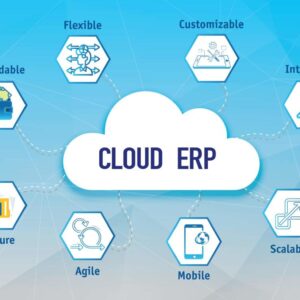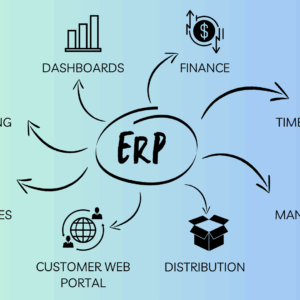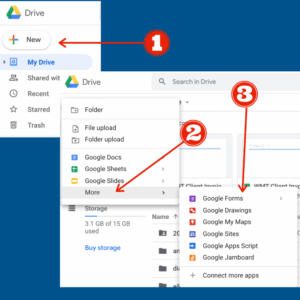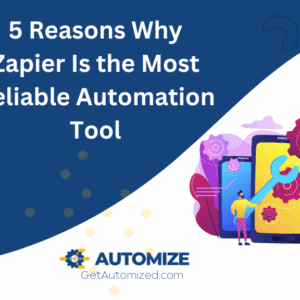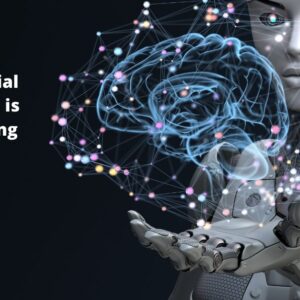ERP vs. CRM: Which System is Right for Your Business?
Businesses use special tools to help them work better. These tools are like super-powered toys! Some tools manage everything, like a big toy box. Others manage just one thing, like a special toy chest for cars. This article explains two important business tools: ERP and CRM. Learn more about software on our website: https://softwaretesting.biz.id
Businesses need ways to keep track of everything. Then, they need to organize things efficiently. This is where special computer programs come in handy. So, these programs help businesses run smoothly.
Imagine a toy store. They need to know what toys they have, how many, and where they are. Also, they need to know who buys the toys. This is a lot to keep track of!
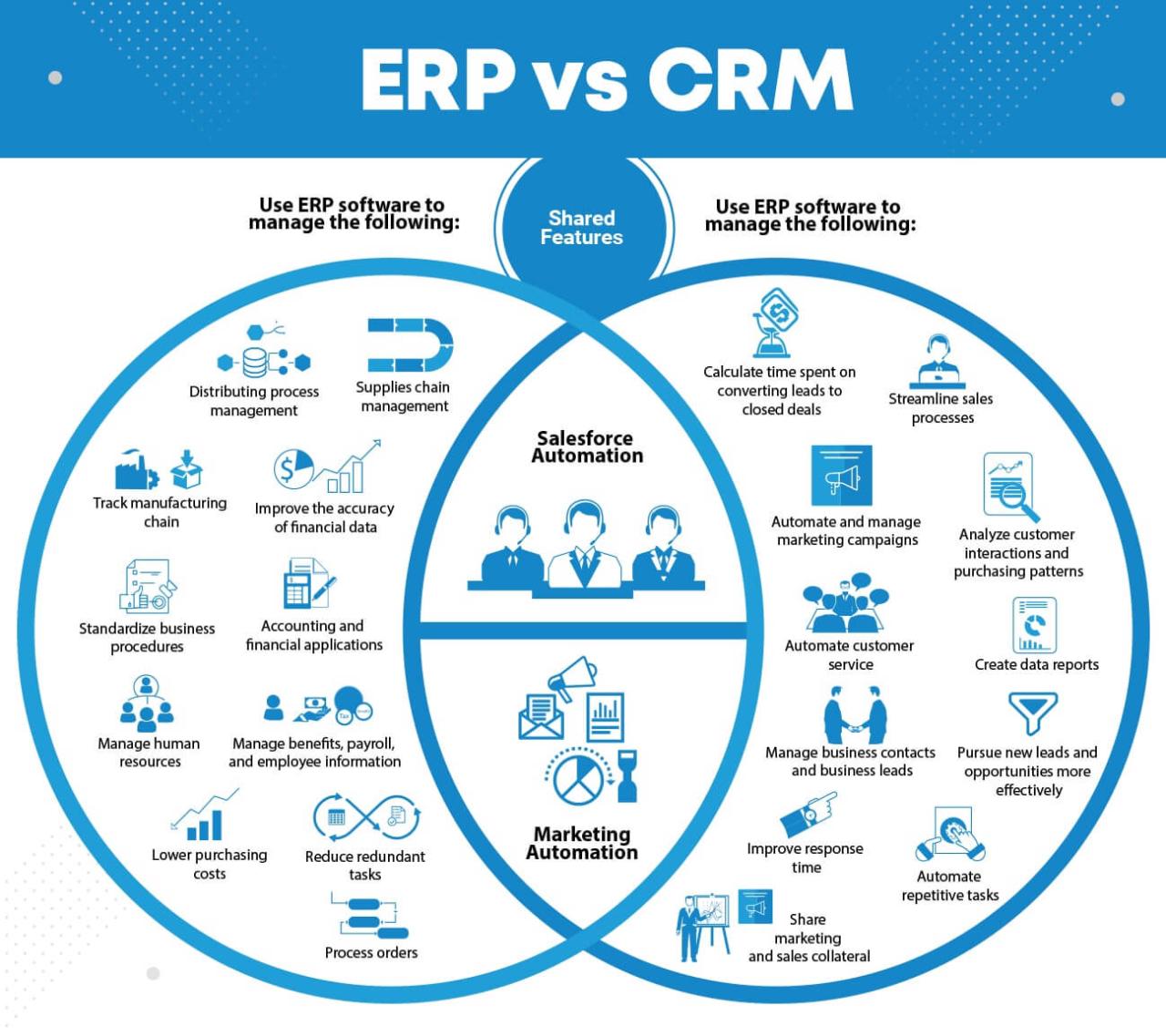
ERP and CRM are like two different helpers. They both help the toy store, but in different ways. Therefore, understanding their differences is important.
What is ERP? (Enterprise Resource Planning)
ERP is like a giant toy organizer. It keeps track of everything in a business. For example, it keeps track of toys, money, and even the people who work at the store. In addition, it helps the store order more toys when they are running low.
It’s like having a super-organized closet. Then, you can easily find everything you need. Because everything is in its place, things run smoothly. So, it helps the store run efficiently.
ERP manages all parts of a business. Also, it connects all these parts together. This makes it easier to see the big picture. For example, it can show how many toys were sold and how much money the store made.
Imagine a toy store using ERP. They know exactly how many toy cars they have left. After that, they can automatically order more. Because of this, they never run out of popular toys.
ERP is great for big businesses. But, it can be too much for small businesses. So, smaller businesses might choose a different system. Therefore, it’s important to choose the right tool for your needs.
What is CRM? (Customer Relationship Management)
CRM is like a special toy chest for customer information. It helps businesses keep track of their customers. For example, it stores customer names, addresses, and what toys they bought. In addition, it helps businesses stay in touch with their customers.
Imagine sending birthday cards to your friends. Then, you need to remember their birthdays. A CRM system does that for businesses! So, they can remember important dates for their customers.
CRM focuses on customers. Also, it helps businesses build strong relationships. Because happy customers come back, it’s very important. Therefore, CRM helps businesses grow.
CRM helps businesses understand their customers better. After that, they can offer better service. Because they know what customers like, they can offer better products.
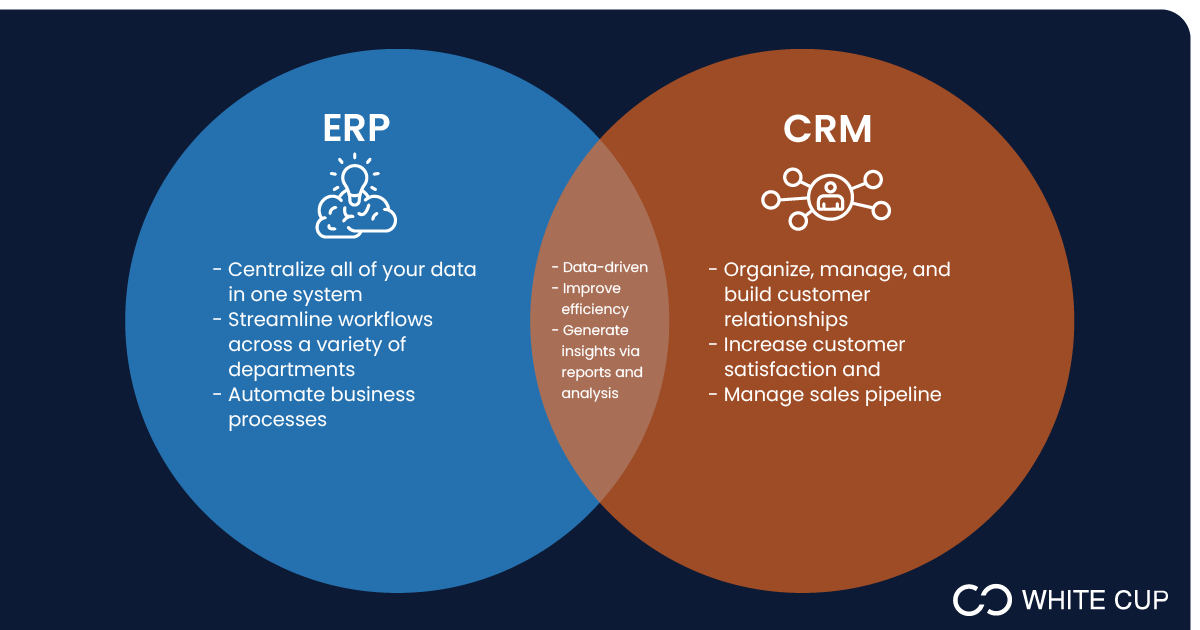
Smaller businesses often use CRM. But, larger businesses use it too! So, it’s a useful tool for businesses of all sizes. In addition, it helps businesses stay connected with their customers.
ERP vs. CRM: Which is better?
There’s no single "better" system. It depends on the business’s needs. For example, a large toy factory would need ERP to manage everything. But, a small toy store might only need CRM to manage its customers.
Think of it like this: ERP is like a whole toolbox. Then, CRM is like a specific hammer in that toolbox. Both are useful, but for different jobs. So, choose the right tool for the job!
A small business might start with CRM. After that, they might add ERP later as they grow. Because businesses change, their needs change too. So, they may need to adjust their systems.
Choosing the right system is important. In addition, it can save a business time and money. Because it helps them work more efficiently, it is a wise investment.
Choosing between ERP and CRM is a big decision. Therefore, businesses should carefully consider their needs. For more information, you can consult with software experts.
Choosing the Right System for Your Business
Consider the size of your business. Then, think about what information you need to track. Because these factors are important, take your time to make the best choice. So, choose wisely!
Think about your budget. Also, consider the complexity of each system. Because both ERP and CRM require training, factor that into your decision. Therefore, plan ahead!
Don’t be afraid to ask for help! Many companies offer consultations. After that, you’ll have a clearer understanding of your needs. Because expert advice is invaluable, seek it out.
In conclusion, choosing between ERP and CRM depends on your specific business needs and size. Consider your budget, the complexity of the systems, and the information you need to track to make the best decision for your business.
Like, share, and comment to let us know what you think!

